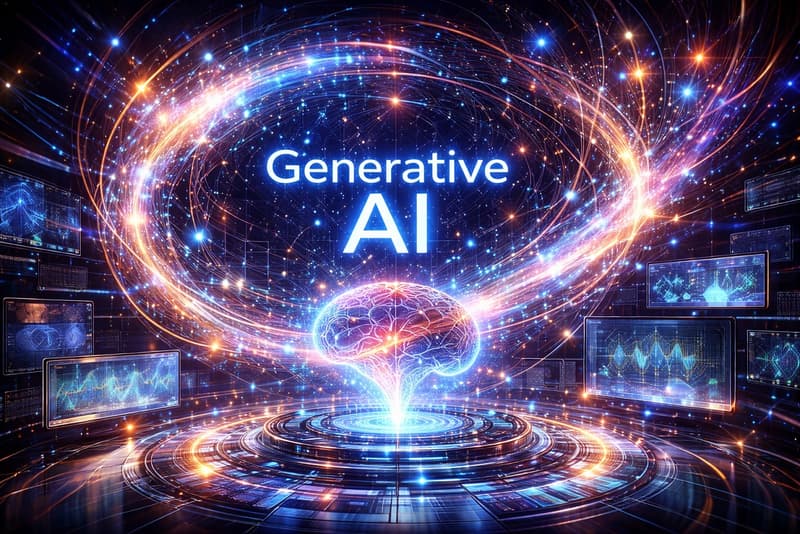

By Jon Horden, CEO, iKVA
There is no doubt that data is an invaluable resource with the potential to boost productivity and knowledge: research has shown that businesses embracing data could increase operating margins by 60%. In an increasingly data-driven world, knowledge-intensive organisations across all sectors are faced with the challenge of how to discover and utilise, information to benefit their business. Data contains essential insights that we need but traditional technology is not advanced enough to unlock its real value. As one of the fastest-growing deep technologies in the world, evolutions in Artificial Intelligence (AI) have the potential to solve this challenge and transform how we access and manage our data.
There are three main areas where AI will help to help solve the emerging data challenges of the next year. These include the rise of unstructured data; improving data accessibility, and tackling the environmental cost of untapped data.
- The rise of unstructured data
The volume of data being generated is increasing and is predicted to grow to 175 Zettabytes by 2025, which is equivalent to 23 Terabytes of data for every person living on the planet today. It is estimated that 80% of this data will be unstructured, which will make it increasingly difficult for us to access. Managing and accessing this growing volume of unstructured data is one of the biggest challenges facing organisations in 2023.
As teams are becoming increasingly globally connected, we are seeing a trend in more unstructured data being generated worldwide. This means that, rather than being stored in traditional databases and other legacy systems, this information is now distributed across different archives, in multiple types and formats, and in many geographical locations. The growing prevalence of remote and hybrid working practices has led to even more essential knowledge being exchanged, and business-critical decisions being made, using a wider range of non-traditional channels of communication such as emails, video calls, instant messenger, and work chat sessions, increasing the complexities of knowledge sharing in the post-pandemic world.
AI is one of the only technologies that can effectively and efficiently break down siloes of unstructured data and extract the essence of information for the user, no matter what its format, which language it has been created in, or where it has been stored.
- Deploying AI to make data accessible
With the exponential growth of unstructured data, organisations are coming to accept that data taxonomy is dead, and that manually labelling and ranking these huge volumes of information with taxonomies and meta-data for a search database is not only time-consuming but almost physically impossible.
As a result, we are seeing a growing trend for virtual data collection and the integration of AI-enabled solutions to help organisations manage their data. By collating clusters of information together virtually, AI makes all data accessible and digestible to those who need it – meaning that companies no longer need to employ highly specialised data analysts who know how to use complicated legacy data storage systems or interpret data.
With its ability to sift through large volumes of unstructured information at speed, AI can solve the time and labour challenge of accessing data and empower people with more knowledge than ever before, to help them extract better insight, focus on more tasks that require the human mind to analyse and interpret and make better-informed decisions at work.
- Reducing the environmental impact of dark data
The rising volume of unstructured data has led to a huge increase in dark data: the data that is being stored on servers but not accessed or used. It is estimated that storing dark data produces 6.4 million tonnes of CO2 annually: equivalent to the total amount of CO2 produced by the population of Miami annually. The financial cost of this untapped data is immeasurable. Solving the environmental challenge posed by this untapped data and alleviating the respective cost will be at the top of the agenda for many organisations in 2023.
By enabling the discovery of, and extraction of, previously undiscoverable and unused data, AI technology can help organisations address the environmental and financial cost of dark data. The latter will help to reduce business risk by providing teams with a transparent overview of the data that is available to them and enabling them to improve the overall quality of data in the long run.
Conclusion
Traditional human processes and methods of managing data are no longer able to keep up with the rising volume of data being generated in today’s global economy and 2023 will see an increasing number of companies integrate AI technology into their processes to meet their financial and environmental objectives. These tools are key to democratising data accessibility, unlocking insights and solving some of the burgeoning corporate challenges of 2023.


